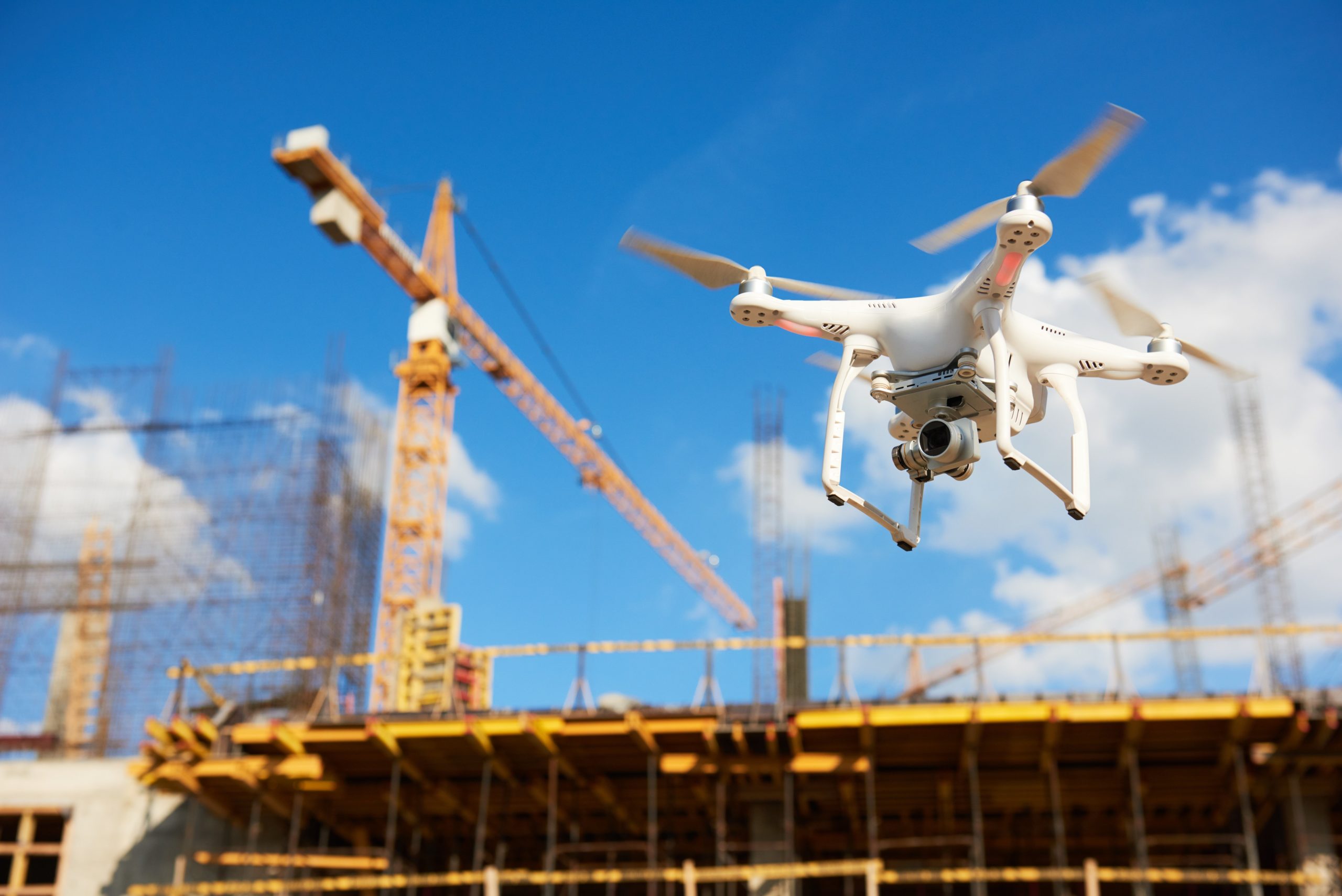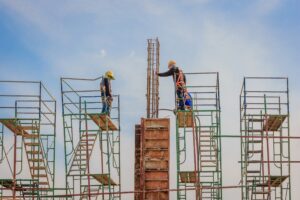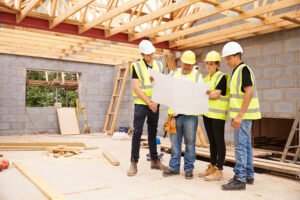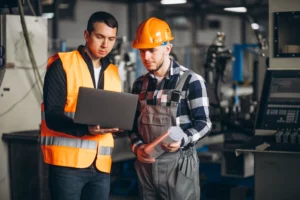
Revolutionizing the Build: The Role of Tech and AI in Modern Construction
The construction industry stands on the brink of a new era, marked by the integration of artificial intelligence (AI) and technology. This transformative wave is not just about adopting new tools but revolutionizing how buildings are designed, constructed, and maintained. The potential for AI to improve efficiency, enhance safety, and reduce costs is immense, signaling a significant shift in the sector’s traditional workflows and methodologies.
The Dawn of a New Era in Construction
- Emerging Technologies: Explore the latest innovations in construction technology, from 3D printing to AI-powered design tools, and how they’re setting the stage for a construction revolution.
- AI’s Growing Influence: Delve into AI’s role in reshaping construction processes, from automated planning to intelligent machine operation, and its impact on project outcomes.
Harnessing the Power of AI for Project Management
- Predictive Analytics: Uncover the benefits of using AI for forecasting project timelines, budget management, and anticipating potential challenges before they arise.
- Resource Allocation: Learn how AI optimizes the distribution of resources, ensuring that manpower, materials, and machinery are used efficiently.
Advanced Technologies Shaping the Future
- Robotics in Construction: Investigate the rise of robotics on construction sites, from automated bricklaying to drones for surveying land and monitoring progress.
- Drones and Aerial Surveillance: Highlight the advantages of using drones for aerial inspections, progress tracking, and enhancing site security.
Sustainability and Green Building: The AI Advantage
- Energy Efficiency Analysis: Discuss how AI tools analyze and optimize building designs for energy efficiency, contributing to the green building movement.
- Sustainable Material Selection: Examine AI’s role in selecting sustainable materials, reducing waste, and promoting environmentally friendly construction practices.
Digital Twins: Revolutionizing Project Visualization
- Real-Time Monitoring: Explore the concept of digital twins and how they offer a dynamic, real-time visualization of construction projects, enabling better decision-making.
- Scenario Simulation: Look into how digital twins simulate various scenarios, helping project teams anticipate issues and test solutions in a virtual environment.
Big Data and Analytics in Construction
- Data-Driven Decision Making: Delve into the power of big data in construction, facilitating informed decisions, improving project outcomes, and reducing inefficiencies.
- Risk Management Strategies: Learn how analytics are used to identify, assess, and mitigate risks, ensuring projects stay on track and within budget.
The Role of IoT in Modern Construction Sites
- Enhanced Connectivity: Examine the Internet of Things (IoT) and its impact on construction, from connected worksites to real-time data collection.
- Smart Equipment and Tools: Discuss the integration of IoT devices in construction equipment and tools, enhancing operational efficiency and safety.
Automation and the Workforce
- Skills Evolution: Address the changing skills landscape in construction, focusing on the need for tech-savviness amidst increasing automation.
- Enhancing Safety with Technology: Highlight how technology, particularly AI and robotics, is being used to improve safety standards on construction sites.
Integrating Tech and Tradition
- Preserving Craftsmanship: Explore how technology complements traditional craftsmanship in construction, enhancing rather than replacing the skilled labor that has long been the industry’s backbone.
- Modern Methods in Historical Restorations: Look at case studies where modern technology has been used in the restoration and preservation of historical buildings, balancing the old with the new.
Overcoming Challenges
- Addressing Privacy and Security Concerns: Tackle the critical issues of data privacy and cybersecurity in the digital age of construction.
- Managing the Human-Technology Interface: Discuss strategies for maintaining a balanced relationship between workers and automated systems, ensuring technology enhances rather than replaces human roles.
The Future of Construction with AI and Tech
- Predictions and Possibilities: Offer insights into the future developments in construction technology and AI, envisioning what the next wave of innovation could bring to the industry.
- Ongoing Research and Development: Highlight ongoing research and development efforts in construction tech, emphasizing the continuous quest for improvement and innovation.
Conclusion
In conclusion, the fusion of technology and AI with construction practices is not just a trend but a fundamental shift towards more efficient, sustainable, and safe construction processes. As we look to the future, the industry’s willingness to adopt and adapt to these changes will be paramount in shaping the built environment of tomorrow.
FAQs
How is AI transforming the construction industry?
AI is revolutionizing the construction industry by improving efficiency, enhancing safety, and reducing costs through predictive analytics, automated project management, and smart resource allocation.
Can technology help in reducing construction waste?
Yes, technology, especially AI, aids in selecting sustainable materials and optimizing building designs, significantly reducing waste and promoting environmentally friendly construction practices.
Are robots replacing human workers in construction?
Robots are supplementing human workers by taking over repetitive, dangerous tasks, thus improving safety and efficiency, but not replacing the need for skilled labor in the industry.
How does technology impact the sustainability of construction projects?
Technology, particularly AI, plays a crucial role in enhancing the sustainability of construction projects through energy efficiency analysis, sustainable material selection, and waste reduction strategies.




